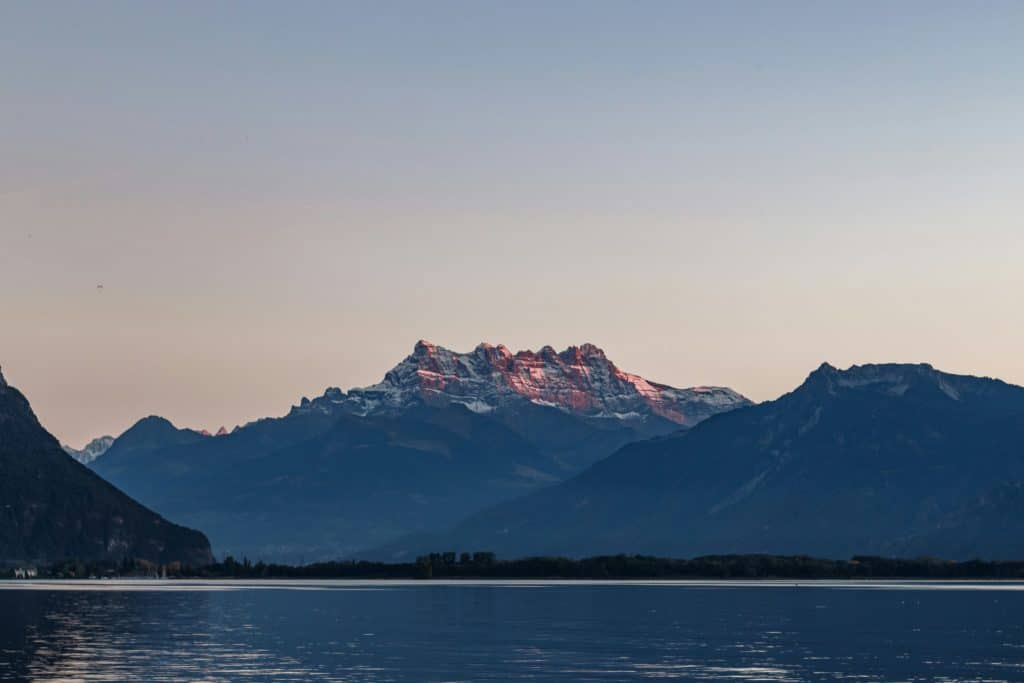SUMMARY
Protecting biodiversity is an important part of the various missions assigned to the Association pour la Sauvegarde du Léman. Knotweed, an invasive alien plant imported from Asia, is a serious threat to biodiversity, particularly along the shores of lakes and rivers. Lake Geneva is no exception. That's why the ASL has taken this problem in hand. Its project to combat these plants, known as "Halte aux Renouées" ("Stop the knotweeds"), which has been running since 2013, has two main focuses: action in the field and raising awareness among stakeholders in the Lake Geneva region.
In the field, the ASL intervened in 2019 on 132 knotweed sites (41 in the Canton of Geneva, 87 in the Canton of Vaud, 1 in Valais and 3 in Haute-Savoie) spread over 19 municipalities bordering the lake (6 in Geneva, 11 in Vaud, 1 in Valais and 1 in Haute-Savoie). The effectiveness of this control effort depends on the number of operations carried out at each station. This represents 190 half-days spent in the field between April and October (74 in Geneva, 109 in Vaud, 2 in Valais and 5 in Haute-Savoie). The biomass removed during these manual grubbings weighed 12,367 kg: 686 kg in Geneva over an area of 2,709 m2 and 11,681 kg in the canton of Vaud over an area of 25,740 m2 (a few hundred kilos in Valais and Haute-Savoie). The project began in 2013 on the shores of Geneva and in 2017 in Vaud. The ASL's success is clear: after 6 years of combating the problem, the results are very encouraging. There has already been a reduction in the number of outbreaks treated, both in terms of the amount of plant material removed and the time spent in the field digging it up. Scientific monitoring of the biomass in certain areas has revealed a considerable reduction in knotweed from one year to the next.
In 2019, the ASL also carried out an inventory of all the knotweed foci present on the Geneva shores of the lake by census from a boat. In addition, the complete mapping of the stations managed by the ASL has been updated.
The ASL is also taking part in the cross-border Interreg project "Stop invasives", enabling it to share its experience and help develop new ways of combating this plant.
This fight would be totally impossible without the awareness and voluntary commitment of many volunteers and companies. In fact, more than 380 people have given their time to combat these invasive species, for which the ASL is very grateful.
The visibility of this action, thanks to the information regularly provided by the ASL, helps to raise awareness among the general public and motivates people to help carry it out.
It is important to be able to recruit new people through different communication channels. We also made excellent contacts with companies, which helped to motivate people who were not necessarily familiar with the ASL. This year, several local authorities raised awareness among their residents by publishing articles in their local newspapers. For its part, the ASL is communicating in its Lémaniques magazine, on social networks, on its website and via its Newsletter. A leaflet and on-site billboards complete the campaign.
Thanks to its experience, the ASL is now an expert in the fight against knotweed. It is also being called upon to share its experience with other associations, local authorities and professionals who have to deal with this problem.
Read the Stop Knotweed Report 2019“


